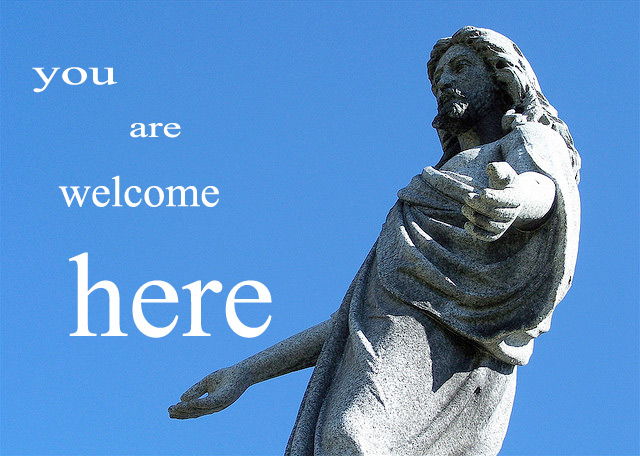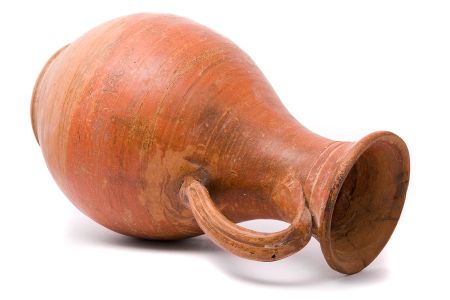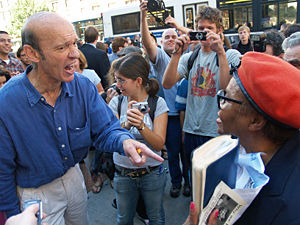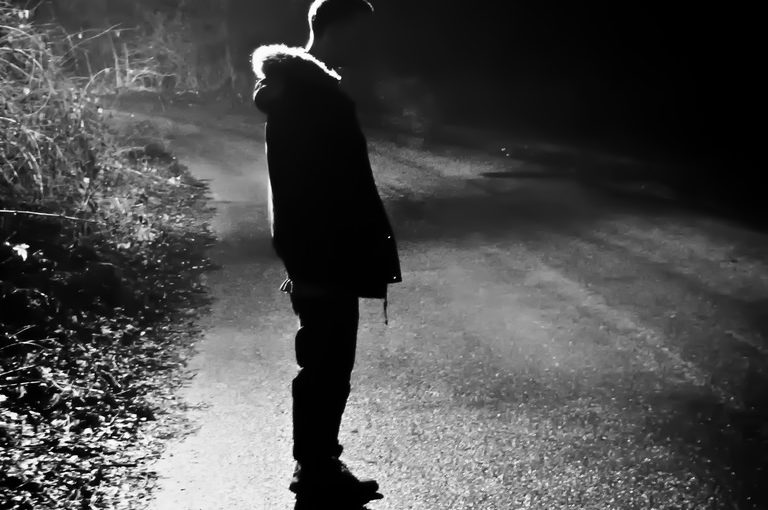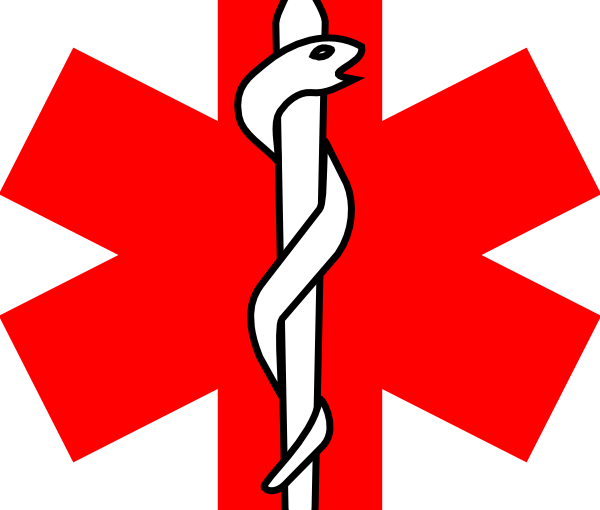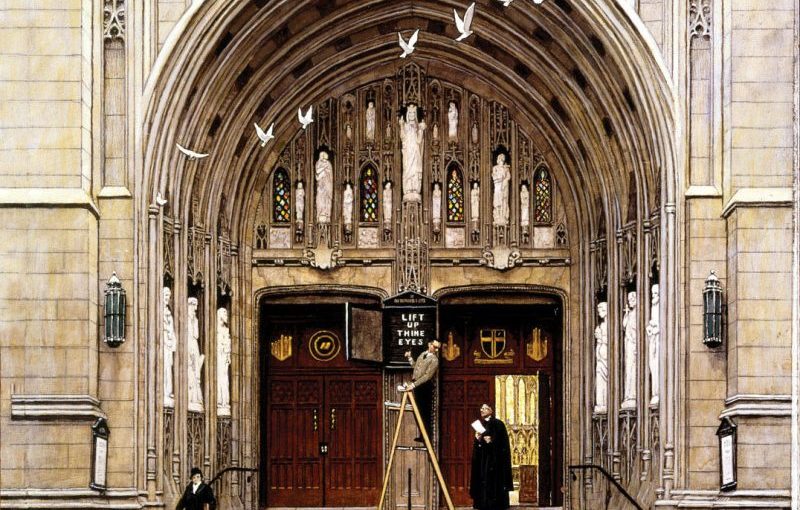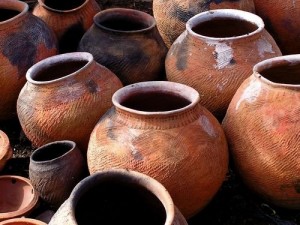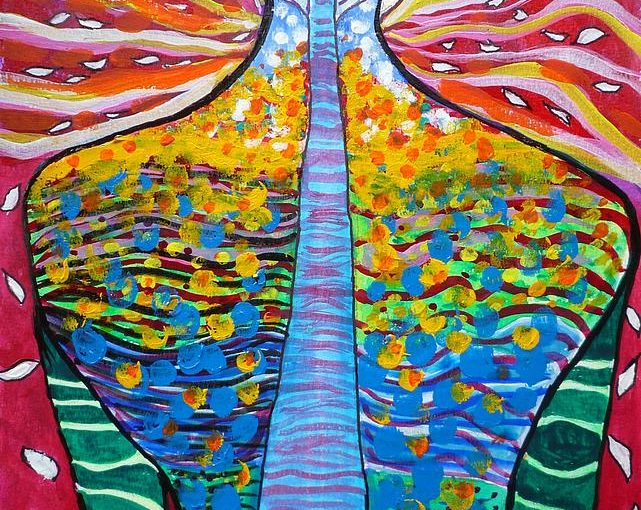John 4:43-54 (NRSV)
43 When the two days were over, he went from that place to Galilee 44 (for Jesus himself had testified that a prophet has no honor in the prophet’s own country). 45 When he came to Galilee, the Galileans welcomed him, since they had seen all that he had done in Jerusalem at the festival; for they too had gone to the festival.
46 Then he came again to Cana in Galilee where he had changed the water into wine. Now there was a royal official whose son lay ill in Capernaum. 47 When he heard that Jesus had come from Judea to Galilee, he went and begged him to come down and heal his son, for he was at the point of death. 48 Then Jesus said to him, “Unless you see signs and wonders you will not believe.” 49 The official said to him, “Sir, come down before my little boy dies.” 50 Jesus said to him, “Go; your son will live.” The man believed the word that Jesus spoke to him and started on his way. 51 As he was going down, his slaves met him and told him that his child was alive. 52 So he asked them the hour when he began to recover, and they said to him, “Yesterday at one in the afternoon the fever left him.” 53 The father realized that this was the hour when Jesus had said to him, “Your son will live.” So he himself believed, along with his whole household. 54 Now this was the second sign that Jesus did after coming from Judea to Galilee.
John gives us more of a theological Jesus than the other three good-news memoirs in the Bible. Matthew, Mark, and Luke capture more of Jesus’ personality and storytelling and interactions with people, whereas John does a lot less of this. Instead, he’s working out what it means that Jesus brought God into the world, and into people’s lives, in a whole new way.
This scene is quirky to me. On the one hand, Jesus says that hometowns underestimate their prophets. They don’t recognize the voice God has raised up when it comes from among them. And yet Jesus says this as he’s heading back to send a bit of time in his home region, which on the surface, at least, welcomes him.
Reading between the lines a bit, it looks like the hometown crowd wants to see Jesus do something impressive. They hear he’s been some kind of splash in the big city or maybe even in Samaria, but they haven’t seen it themselves. (Remember, that first “water to wine” sign was largely secret.)
On the one hand, Jesus complies. With a word, he heals the official’s desperately ill son. John calls this Jesus’ second sign – Jesus bending nature to his word, pointing to his presence beginning the very start of God’s renewal of all creation. This is important enough to John, that the whole first half of his memoirs is structured around these signs. People call the first 12 chapters of these memoirs “the book of signs.”
And yet, it’s not what’s getting Jesus up in the morning. He seems to resent doing this, which is awkward if you’re the official, but John again is more of an idea guy, not generally especially interested in people’s feelings. Instead, Jesus seems to want something else – he wants faith or trust or allegiance – all that’s captured in that word “believe.” He wants to be welcome.
Could it be that in welcoming Jesus with us as God’s way into our world could get us even more than the occasional unexpected pop in our circumstances? John’s going to build this idea that it can. That just as Jesus welcomes each of us to the family of God, in welcoming Jesus, we get all of God with us – God’s love, peace, and power in all things.
Take a minute to sit today and mediate on Jesus’ welcome of you and your welcome of Jesus. Notice whatever warmth or resistance or faith or doubt that calls to mind – without judgement, and simply express that to God.


